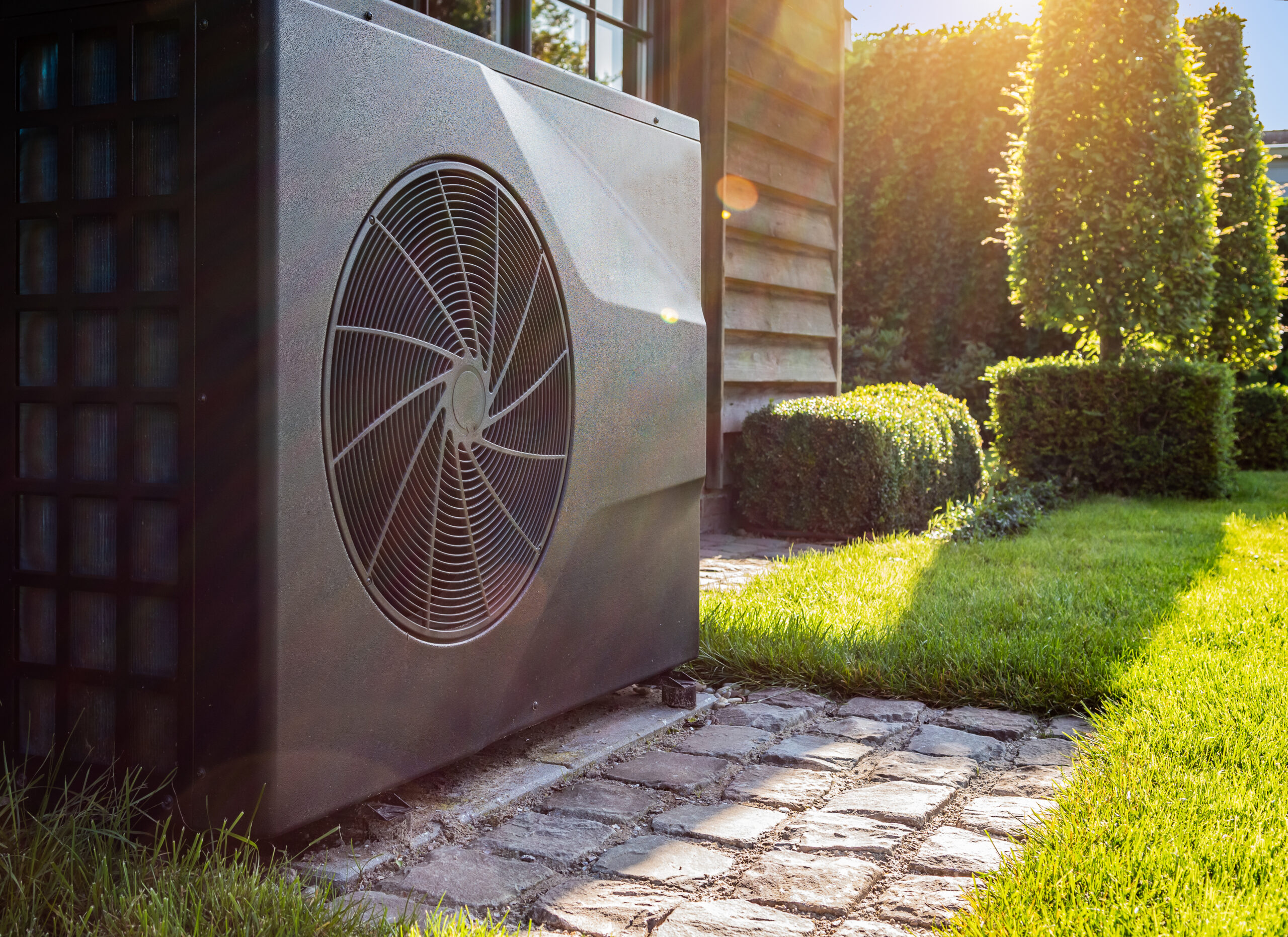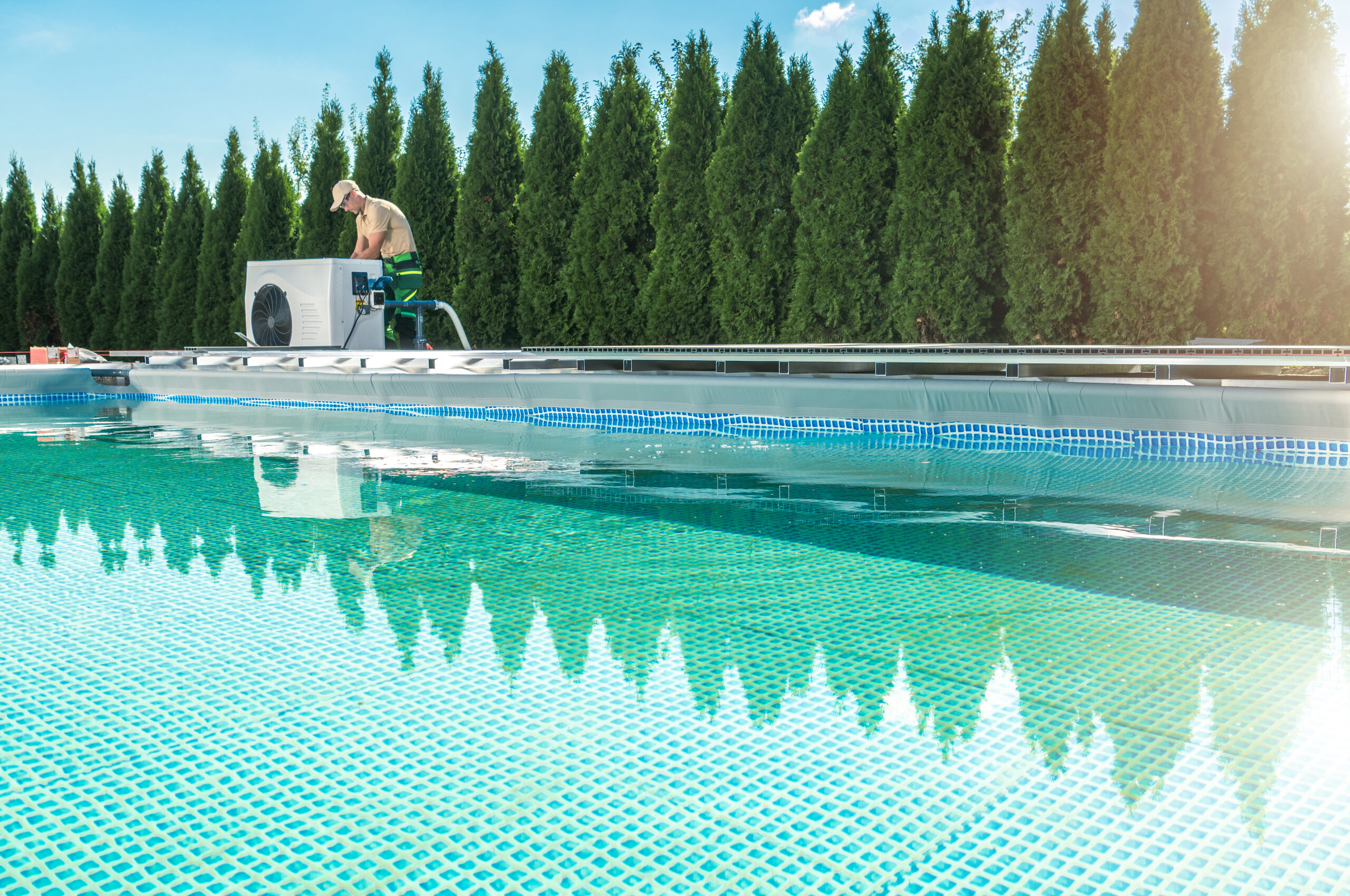You’ve invested in a pool heater, and now it’s essential to understand its maintenance basics. Don’t let common issues catch you off guard.
With this guide, you’ll not only learn the key steps for regular check-ups but also when it’s time to seek professional help.
So, dive in and master the art of maintaining your pool heater efficiently. Your future self will thank you for the cost savings and extended equipment life.
Understanding Your Pool Heater: An Overview
You’ve got to understand your pool heater thoroughly if you’re going to keep it running smoothly. Familiarize yourself with the different heater types and their features, as well as the concept of energy efficiency.
First off, let’s talk about heater types. There are primarily three kinds: gas heaters, electric resistance heaters, and heat pumps. Gas heaters burn either natural gas or propane to create heat; they’re effective but can be costly in terms of fuel usage.

Electric resistance heaters generate heat by passing electricity through resistive elements, but bear in mind that these can also rack up your utility bills due to their high energy consumption.
Heat pumps, on the other hand, extract heat from the air or ground and transfer it into your pool water; while more expensive upfront, they offer significant savings over time due to their superior energy efficiency.
Speaking of which, understanding energy efficiency is crucial when maintaining a pool heater. Energy-efficient models not only save you money on utilities but also reduce environmental impact-an essential consideration for any responsible pool owner.
Regular Check-ups: Key to Pool Heater Maintenance
Regular check-ups are crucial; they’ll help you identify minor issues before they turn into major problems. Proactive maintenance of your pool heater is key to extending its lifespan. By taking a detail-oriented and systematic approach, you can significantly improve the longevity and efficiency of this essential equipment.
As part of your seasonal preparations, pay close attention to certain indicators that could suggest potential problems. Listen for unusual noises coming from the heater or observe if it’s struggling to maintain an adequate temperature. These could be subtle signs of wear and tear which, left unchecked, might lead to costly repairs.
It’s also advisable to hire a professional service at least once a year for a comprehensive inspection. They’re proficient in spotting less obvious issues that may escape your notice. This might include checking for gas leaks or ensuring proper ventilation, steps critical in maintaining safety standards.
Common Issues With Pool Heaters and Their Solutions
Let’s dive into some common issues you might encounter with your swimming area’s heat source and how to address them.
Heater troubleshooting is imperative, especially when maintaining energy efficiency.
You’ll often find the heater not reaching the set temperature. This could be due to a dirty filter obstructing water flow or low gas pressure affecting flame quality. Regularly clean your filters and ensure your gas supply is optimal for efficient operations.
The heater may also shut off before warming up the pool adequately. In this case, check if the thermostat is functioning correctly and set at an appropriate level. Replace a malfunctioning thermostat promptly to avoid wastage of energy.
Another frequent issue is an excessively noisy heater. This usually indicates air in the combustion chamber or a worn-out fan motor. To rectify this, bleed out any trapped air and consider replacing faulty fan motors.
Finally, if you spot soot buildup on your heater’s top surface, it’s likely due to incomplete combustion caused by obstructions in the burner openings or improper gas-to-air mixture ratio. Clean these openings regularly and adjust your gas supply as necessary.

DIY Pool Heater Maintenance: A Step-by-Step Guide
It’s important to understand some DIY steps for keeping your swimming area warm and inviting. Regular maintenance can significantly improve your pool heater efficiency and allow for optimal seasonal adjustments. Here are a few guidelines you can follow:
* Monitor the Temperature:
– Set the heater at an appropriate temperature, not too high.
– Notice any sudden changes in water temperature.
* Clean the Heater Regularly:
– Remove debris from inside the unit regularly to ensure proper airflow.
– Check for corrosion or leaks that could reduce heater efficiency.
* Make Seasonal Adjustments:
– Adjust the settings with changing seasons; lower temperatures in summer, higher in winter.
These steps aren’t just about maintaining comfort but also about preserving your equipment’s lifespan. Don’t overlook signs of wear and tear; addressing them promptly will prevent costly repairs down the line.
Remember, knowledge is power when it comes to DIY pool maintenance. By incorporating these tips into your routine, you’ll become more adept at managing your pool’s heating system while making significant savings on energy costs.
Keep your swimming oasis warm, inviting, and efficient all year round!
Seeking Professional Help: When and Why?
While DIY measures are beneficial, there are times when professional intervention becomes necessary for your equipment’s upkeep. When it comes to pool heater maintenance, you might encounter complex problems that require expert consultation. This doesn’t mean your efforts so far have been in vain; rather, it’s a testament to the intricate nature of pool heating systems.
Inviting professionals into the equation enables you to leverage their extensive knowledge and experience. They can diagnose issues with speed and accuracy that come from years of specialized training. Moreover, they’re equipped with advanced tools which enable them to perform intricate repairs or replacements without causing further damage.
But what about cost efficiency? You’re right to anticipate an expense; after all, expertise comes at a price. However, consider the long-term implications: A well-maintained pool heater operates more efficiently and lasts longer, saving you hefty replacement costs in the future. Plus, a professional repair job prevents minor issues from escalating into major malfunctions.
Frequently Asked Questions
What Is the Average Lifespan of a Pool Heater?
On average, your pool heater should last about 7-10 years. However, this can vary based on usage and maintenance. If it’s failing before then, check your warranty coverage or consider heater replacement.
Are There Specific Brands of Pool Heaters That Require Less Maintenance?
Yes, brand comparison can impact maintenance costs. Some heaters, like Hayward and Pentair, are known for requiring less upkeep. They’re built to last and often need fewer repairs than other brands on the market.
How Can I Improve the Energy Efficiency of My Pool Heater?
To enhance your pool heater’s energy efficiency, consider improving its insulation. Adjusting your thermostat settings can also help optimize heat usage. Regular maintenance checks are crucial to ensure it’s running at optimal efficiency.
What Are the Potential Hazards of Neglecting Pool Heater Maintenance?
Neglecting pool heater maintenance can lead to costly hazards. You’ll risk potential heater replacements, skyrocketing maintenance costs, and safety issues. Regular upkeep ensures optimal efficiency and prolongs your pool heater’s lifespan.
Is There a Significant Difference in the Maintenance Needs of Gas, Electric, and Solar Pool Heaters?
Yes, there’s a significant difference. Gas heaters require regular checks for leaks and carbon buildup. Electric heaters need wiring inspections. Solar heaters demand clean panels for efficiency. Each heater type demands unique maintenance post-installation.
